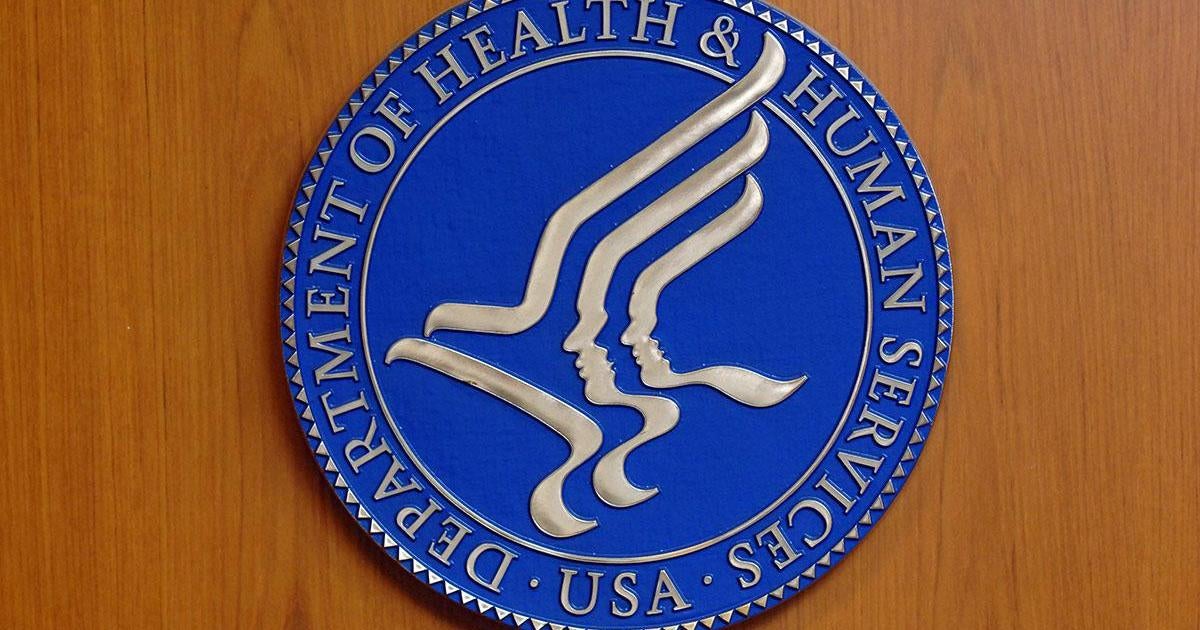
(Washington, DC) – The Trump administration’s Department of Health and Human Services (HHS) is reportedly prioritizing political agendas over sound science, leading to a troubling decline in the availability of vital health information, according to a recent report by Human Rights Watch. The organization emphasizes that upholding the right to health necessitates a transparent, evidence-based process that empowers individuals to make informed choices about their healthcare.
In a public address on September 22, 2025, President Donald Trump and Secretary of Health Robert F. Kennedy Jr. sparked significant outrage by advising pregnant women to steer clear of acetaminophen, a commonplace over-the-counter medication used for pain and fever relief. This statement not only raised eyebrows but also highlighted ongoing concerns that health policy decisions in the U.S. are increasingly influenced by ideology rather than grounded in scientific evidence.
“If the administration’s goal is to help make America healthy, it has to stop making it harder for people to make informed choices about health care,” stated Matt McConnell, an economic justice and rights researcher at Human Rights Watch. He emphasized that respecting individuals’ right to health requires policies driven by evidence rather than personal beliefs or political ideologies.
Under international human rights law, everyone is entitled to the highest attainable standard of physical and mental health, which encompasses the right to access health-related information and make informed decisions about healthcare options. When the government neglects to use scientifically sound research to shape health policy, it undermines its obligations to the public and jeopardizes the right to health.
The Trump administration has notably limited public access to federal health information resources. Following a January 2025 executive order aimed at restricting services and information related to sexual orientation and gender identity, officials removed thousands of HHS web pages and datasets. This included critical research articles and guidelines on essential health topics such as reproductive rights, contraception, HIV, maternal health, and mental health.
While some of these resources have been restored following a series of lawsuits initiated by healthcare professionals concerned about the damaging impact of the removals, significant gaps in access remain. A federal judge underscored that the vulnerable populations, particularly underprivileged Americans seeking healthcare, were the most adversely affected by these actions.
Certain crucial resources, such as the Centers for Disease Control and Prevention’s (CDC) Mpox vaccination guidelines, remained offline for extended periods during an ongoing global outbreak. Moreover, some sites continue to lack essential information, raising alarms about the comprehensive disruption of public access to health information.
Human Rights Watch asserts that the alteration and removal of online federal healthcare resources violate the public’s right to health information. These actions disproportionately impact marginalized communities, including women and LGBTQ+ individuals, who have historically faced barriers to accessing healthcare and related information.
The HHS has also experienced layoffs and budget cuts, further diminishing the production and availability of health information essential for public health officials, healthcare providers, and the general population. The CDC’s reproductive health division, in particular, has suffered significant setbacks, impeding its ability to disseminate vital guidance on contraception and to address the alarming rates of maternal mortality, especially among Black women.
In an alarming trend, the current administration has disbanded several advisory committees composed of independent experts who traditionally provided evidence-based guidance to policymakers and medical professionals. This has raised concerns about the integrity of health advice, especially regarding access to healthcare and infection prevention.
Secretary Kennedy’s actions have also raised red flags regarding the independence of the HHS advisory committee that informs on vaccination practices. In June, he dismissed all existing members of the Advisory Committee on Immunization Practices (ACIP), a move that drew immediate condemnation from the American Medical Association, the largest professional association for physicians in the U.S.
On September 18 and 19, handpicked replacements for the ACIP voted to reverse the CDC’s universal recommendation for Covid-19 vaccination and voted to remove the combined measles, mumps, rubella, and varicella (MMRV) vaccine from the recommended schedule for children under four. These changes could limit access to essential vaccines, which are crucial for public health and have been linked to increased vaccination coverage.
In a shocking turn of events, Secretary Kennedy terminated CDC Director Susan Monarez in August, triggering a wave of resignations among top public health officials and widespread criticism from medical associations. Monarez later claimed she was dismissed partly for her reluctance to endorse ACIP’s vaccine recommendations prematurely.
In light of the administration’s recent actions, several states have banded together in regional collaborations to issue their own vaccine recommendations, relying on guidance from private medical associations instead of the ACIP. Meanwhile, Florida has moved to eliminate all state-mandated vaccine requirements for public school attendance, setting a potentially dangerous precedent for other states to follow.
“This fragmentation is a worrying sign that it is becoming much harder for the public to access consistent, reliable information about healthcare,” McConnell cautioned. “U.S. authorities should ensure that federal healthcare resources are evidence-based and accessible to all, and take proactive steps to restore public trust in these critical resources.”


